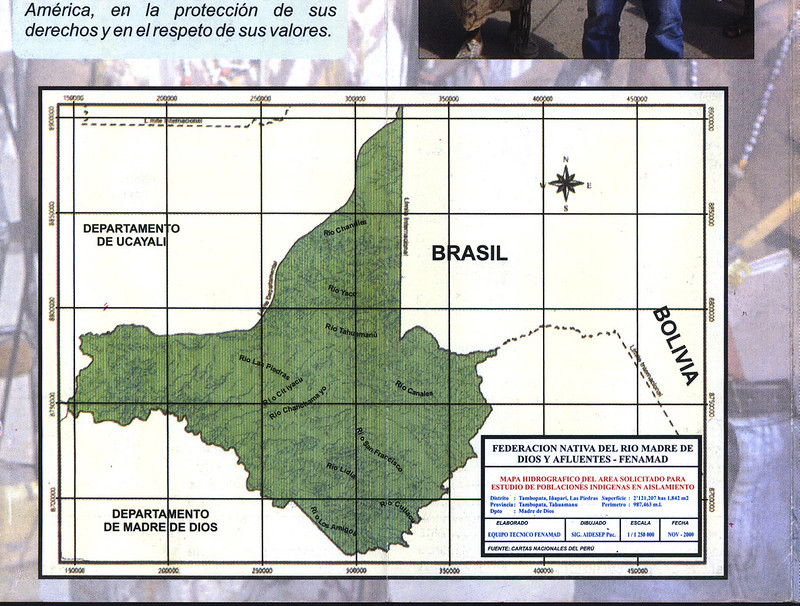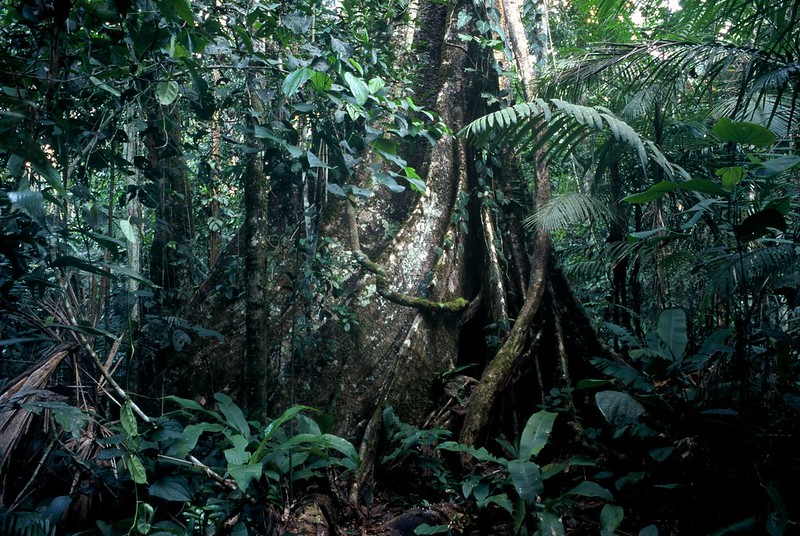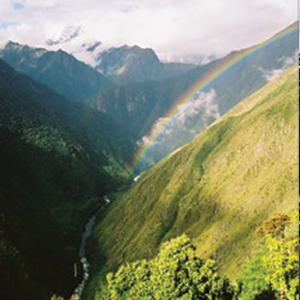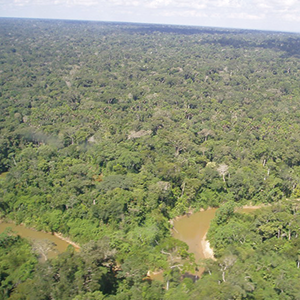The Peruvian Amazon is home to 15 of the estimated 100 uncontacted indigenous tribes remaining in the world. Uncontacted groups depend on large-scale, intact forest for their very survival.
Peru has recognized the human and territorial rights of uncontacted tribes and in 2016 created a legal framework that designates specific lands as indigenous reserves.
To date, three reserves have been created and an additional seven are slated for declaration; collectively, they will cover almost 7 million hectares of pristine tropical rainforest.

Remote forests inhabited by uncontacted peoples are rich in natural resources. This, paired with isolation from the rest of society and limited monitoring mechanisms to prevent invasion, makes indigenous reserves uniquely vulnerable to invasion by illegal loggers, illegal miners, and drug traffickers, as well as encroachment by road construction and land clearing. These pressures erode the biodiversity on which they depend and puts their lives at risk due to low immunity to western diseases and potential violent conflict with illegal actors and neighboring settlements.
Indigenous peoples are the original guardians of the forest. Creating a sustainable landscape for uncontacted peoples, their neighbors, and the forests on which they both depend requires strengthening the monitoring of growing threats, enforcing the law, fostering ecosystem connectivity, and building a culture of sensitivity.
Amazon Conservation will apply our field-based capacity in monitoring and protecting the Madre de Dios Territorial Reserve, where our staff are experienced in responsibly handling unplanned contact and sensitizing neighbors to the needs of these populations.
Our work will support 10 Indigenous Reserves covering almost 7 million hectares together with a mosaic of neighboring indigenous communal territories.


Strengthen protection of existing and future indigenous reserves in partnership with Peru’s Ministry of Culture to improve threat detection and response to those threats.

Support establishment of seven new indigenous reserves across Peru.

Build capacity of indigenous communities bordering uncontacted indigenous reserves to strengthen their forest monitoring capacity and provide them with the technology and legal tools to protect their lands.